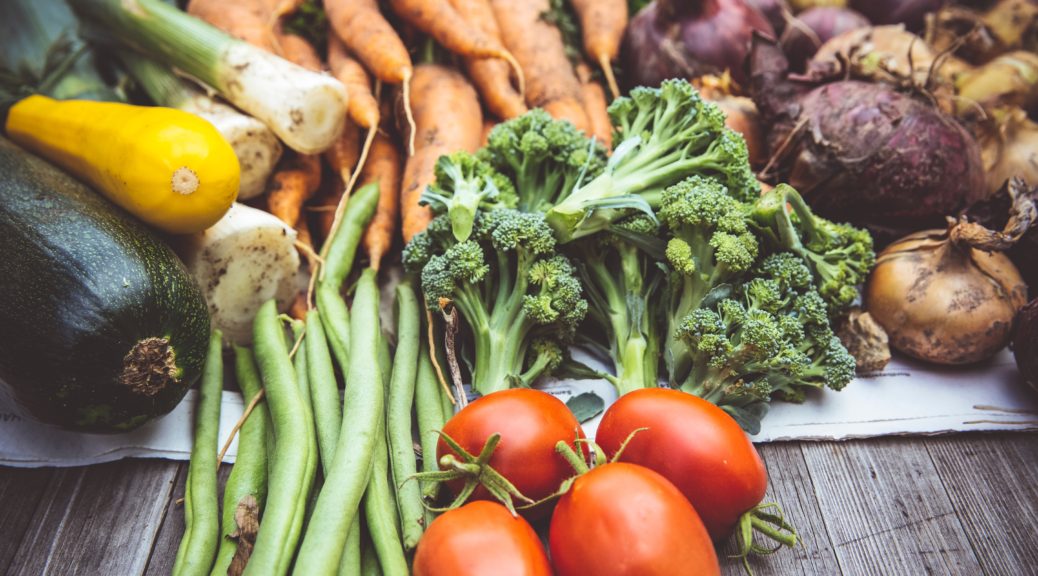CSAs, an old concept with modern appeal
Since the first Community Supported Agriculture (CSA) program was established in western Massachusetts in the 1980’s, the concept of buying food directly from local farms has taken off. But the model itself is decades old. While the exact origins of CSAs are widely disputed in the media, the first CSA farms in the U.S. report being influenced by the biodynamic agricultural movement in post WWII Europe.
Fast forward to 2023—
As the desire to leave a smaller footprint and eat healthier foods rises whilst finding our way back to community connectivity in a post-pandemic era, CSA programs continue to gain popularity and availability.
What’s in a share?
A CSA membership is a way for consumers to buy local, seasonal product directly from a farmer (or group of farmers) in their community. It is basically a farm “share” of the season’s bounty, traditionally purchased in advance. The arrangement allows farmers to buy seeds, transplants and other inputs needed for the growing season without waiting until harvest to generate revenue. In essence, CSA shares guarentees that a portion of farm products are already sold.
In exchange, during a set number of weeks during the growing season, members receive a box of local, fresh, seasonal product directly from the farm (or collective of farms).
Many CSAs feature add-on options such as eggs, fresh-cut flowers, meats, honey and other value-added items. Today, there are are a growing number of CSAs that are moving beyond the traditional model with varied subscription sizes and flexible sign up options. One such example includes giving subscribers the option of a pre-packed box or a “market basket” option where subscribers choose what they want included in their share.
What to do with all that local goodness
A growing number of farms include recipes and suggestions on how best to prepare the unique variety of fruits and vegetables provided each week. Recipes reinvigorate experienced cooks—and take the pressure off less experienced cooks.
Why CSAs?
Cutting out the middle man and buying directly from the farm fosters a shift in perspective. Consumers often develop a special kinship to the hardworking folks who fill their pantry each week. Being a CSA stakeholder means turning the faceless transactions of traditional shopping into interdependent relationships.
CSA programs go beyond the “know your farmer” ethos of the local food movement. By becoming a stakeholder in a particular farm’s future, consumers can choose to support farms that operate with a particular philosophy that aligns with their own.
In Haywood, you’ll find CSA memberships available from century farms growing produce in fertile river valleys where their kin have farmed for a hundred years or more. CSA memberships are available from farms who utilize non-traditional growing methods often referred to as “eco-biotic.” CSA memberships are available from farms with growing families, raising the next generation right alongside the carrots and raspberries.
Additionally, local farmers are small business owners. Investing in farms through CSA memberships and on-farm markets keeps more dollars in your own community while supporting a stronger, more resilient food system.
Ready to sign up
Now is the perfect time. Many local farms are accepting new members for the 2023 growing season.
Visit the CSA page in our online directory. Each farm offering CSAs has their own model and business practices. Contact them directly to inquire!

